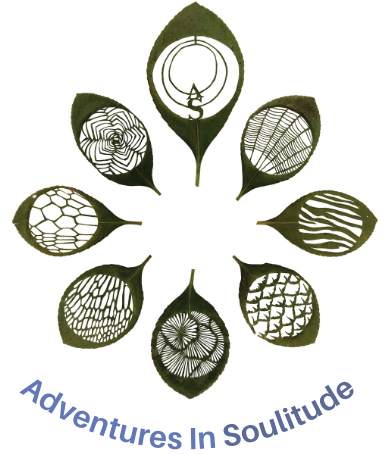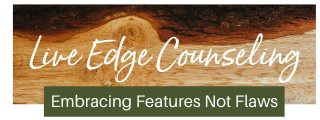What is Ecotherapy?
Eco or Nature Based therapy can mean many things. I describe it as “Embracing and joining with the natural world to learn, heal and grow.” This can include but is certainly not limited to Wilderness Therapy, Animal Assisted Therapy, Forest Bathing, Nature Meditation/Mindfullness, Horticulture Therapy, Outdoor Adventure Based Therapy (challenge by choice) Eco-Art Therapy, Biophilia, Indigenous Medicine, Ritual & Ceremony, Rites of Passage, Storytelling. Heck to me, eco-therapy can mean doing talk therapy outdoors in the hope the surroundings influence insight and growth.
History of Eco or Green Therapy
Ecotherapy, in many cases, stems from the belief that people are part of the web of life and that our psyches are not isolated or separate from our environment. Ecopsychology is informed by systems theory and provides individuals with an opportunity to explore their relationship with nature – a relationship that may be overlooked. At times we are able to identify systems and patterns in the natural world that mirror our life experience.
The term ecopsychology was coined by cultural historian Theodore Roszak in his 1992 book ‘The Voice of the Earth’, where he addresses industrial culture’s “longstanding, historical gulf between the psychological and the ecological.” Long before this however (in the 1960s) Robert Greenway was teaching ‘psycho-ecology’, by exploring the wilderness experience and how the mind and nature interact. Roszak et al’s 1995 seminal anthology ‘Ecopsychology: Restoring the Earth Healing the Mind’ brought together different writers’ perspectives in what was already a burgeoning field of exploration. Writers ranged from Native American’s discussing our current dislocation, grief and despair due to environmental destruction and loss of species to Jungian’s writing about the collective unconscious.
More resources on Ecotherapy to come soon.
The Science of Ecotherapy
Many of the benefits that people receive from nature accrue through the five senses as well as at least three non-sensory avenues: sight, sound smell, taste, touch, phytoncides, negative air ions, and microbes. Most research focuses on the visual nature benefits, and other pathways through which nature benefits are delivered. It seems however, that there is a need to broaden work beyond merely the visual sense. A 2006 American Scientist study on perceptual pleasure and the brain chronicles how viewing stimulating, dynamic natural scenes triggers an increase in interaction of opioid receptors in the brains visual cortex, making viewing nature a physically pleasurable experience compared to looking at a blank wall or concrete-covered street (Biederman and Vessel). Conversely, being in a high-stress environment such as a highly-trafficked street will cause the brain to signal production of cortisol by the adrenal glands. Elevated cortisol interferes with learning and memory, weakens immune function, and can impact bone density, blood pressure and heart disease (Franke, Children, 2014). It also impacts mental health and resiliency by disrupting brain development in children, triggering emotional problems, expressive disorders, and negatively affecting attention and inhibitory control (Shern et al.,Mental Health America, 2014).

We are seeing an uptick in research pointing to a possible causal link between the rise in urbanization and increasing rates of mental illness. For example, those who live in cities have a 20% higher risk of anxiety disorders and 40% ne walked for 90higher risk of mood disorders compared to people who live in rural areas. A Stanford University study found that walking In nature could lead to a lower risk of depression, a conclusion that researchers made after examining the brain activity of two groups: one walked for 90 minutes in a high-traffic urban setting.
The field of ecotherapy, ecopsychology and their mpact on our well-being is both centuries old and brand new. While indigenous peoples have understood and embraced the sacredness of the natural would on our well-being, western civilization is now showing up. I will share more information on ecotherapy in the ( Blog) in the near future. Stay tuned.

